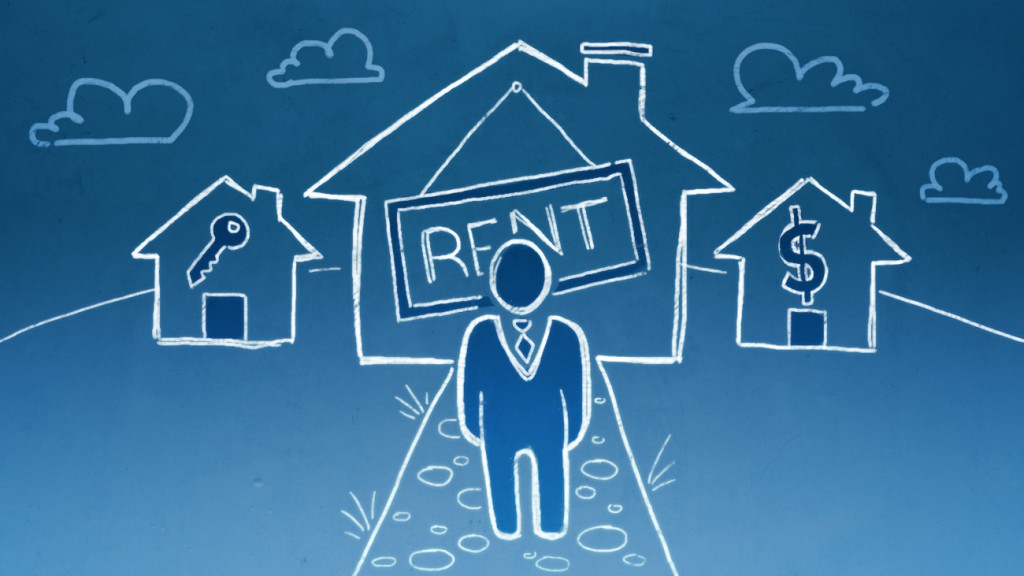Whether you are looking to obtain additional income or having trouble selling off that piece of property, renting out is an appealing option. However, it can bring considerable trouble if appropriate considerations are not made.
The Renting Guide For New Landlords Share on XCheck out our tips below to successfully rent out your property:

1. Comprehend the responsibility involved
First of all, you must determine whether you can handle the obligation of being a landlord. It is an additional responsibility that you will have to fit into your life. Part of the package of being a landlord includes staying on top of repairs and maintenance, collecting rent, additional home insurance policy expenditures and keeping an eye on your tenant’s housekeeping skills to avoid scaring off other potential renters.

2. Prep your home
It is not easy to attract renters especially when the market is slow, as tenants will be more attentive and choosy with the increase in availability of rental properties, thus, their expectations will be much higher. Making sure your home is thoroughly clean and all the appliances are in working order seems to be no-brainer, but many landlords still fail to ensure the case. It is also important to use attractive ‘rental terms’ to help sell your property, such as ‘state-of-the-art’, and ‘granite’.

3. Seek help from professionals
Renting out your home may seem like an easy task, but it is important to engage other professionals such as attorneys to ensure that you are abiding by tax laws and local property rules. Besides that, an attorney could help you deal with landlord-tenant laws and provide assistance in drafting a lease. Talking with an attorney can also help you determine suitable house rules and emergency contacts.

4. Set a competitive price
To gauge an appropriate rental rate for your property, find out what are the rates for similar properties in your neighborhood. Potential tenants will definitely be scouting around for the best deal, so be sure to set the rent at a competitive price and make sure to highlight all the most valuable aspects of your property.

5. Screen potential tenants
You need to be able to depend on your tenant to not only to pay the rent on time but also to keep your home in good condition. Most importantly, if you will be living in the said property, it is vital to learn of their habits beforehand to ensure that there will be no conflicts down the road. Remember to gather references for potential tenants and credit history check. The final step will be to ask for a reasonable security deposit and arrange an appropriate payment schedule.
–IPROPERTY
Like this article or found it helpful? Share it!
Follow us on Twitter for more news, tips and inspiration. Become our mate on Facebook and explore our Pinterest boards.

